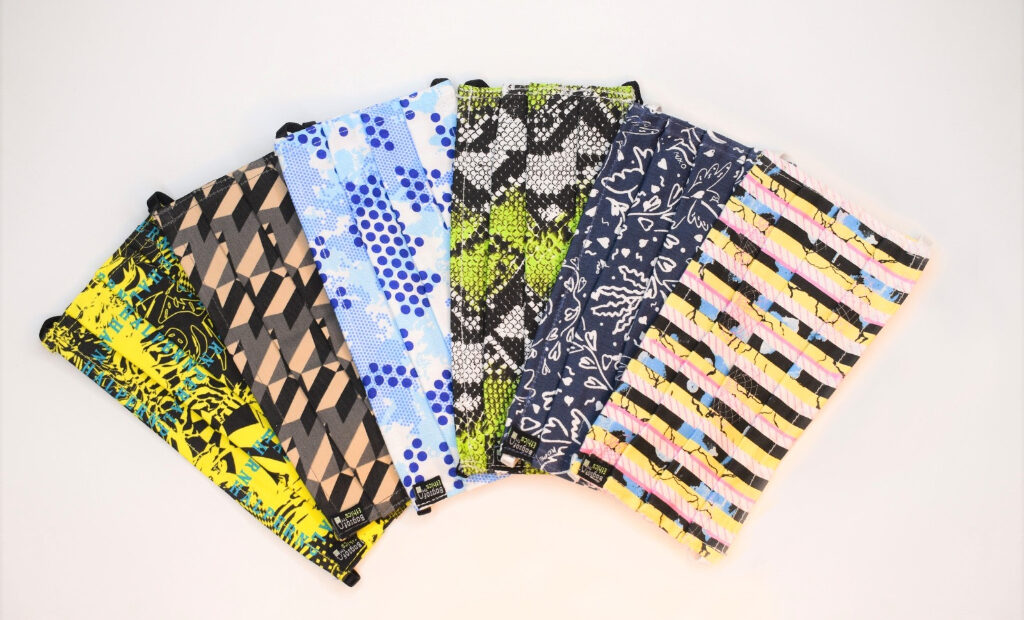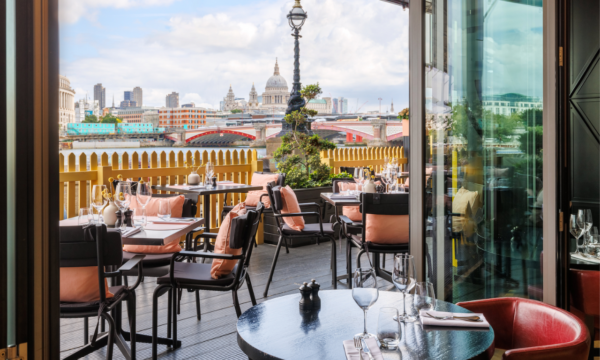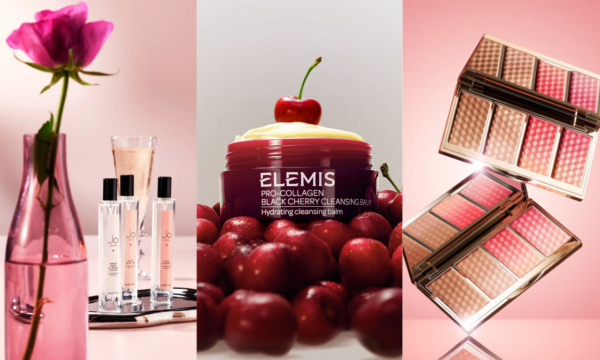Designer face masks from Bags of Ethics support people and planet

COVID-19 has been an unrelenting source of anxiety for most. For those environmentally conscious amongst us, one cause for concern is face masks. It is now mandatory by law to wear a face mask in a variety of public settings, including public transport and supermarkets. The consequences on the environment of wearing a single-use mask every time you pop to the shops are far from inconsequential.
According to a UCL study, if every person in the UK used a single-use plastic face mask every day for a year, it could create an additional 66,000 tonnes of contaminated waste and 57,000 tonnes of plastic packaging. “We want to help combat this,” says Smruti Sriram, CEO at Bags of Ethics. Partnering with the British Fashion Council (BFC) and six British designers, Bags of Ethics is manufacturing sustainable and reusable non-medical face coverings — Great British Designer Face Coverings: Reusable, for People and Planet.

100% of the sale profits of the masks will be split across three charities, with the aim to raise a million pounds. “We knew we wanted to support NHS workers and give back to those who have been on the frontline during the pandemic,” Sriram explains, speaking of the COVID-19 Urgent Appeal launched by NHS Charities Together in March. The campaign works to support NHS staff and volunteers impacted by the pandemic. Part of the profits will also benefit the BFC Foundation Fashion Fund, which helps nurture upcoming talent in the industry, and Wings of Hope Children’s Charity which works to educate students at a socio-economic disadvantage.
Getting the project up and running in a time of lockdown meant responding to new time scales. “We knew we had to act quickly to get the face masks to market, and this meant getting every aspect of the collaboration with the BFC across the line in a very short space of time,” Sriram states. “I think we’ve coped well because we’ve always had such a clear vision of what our brand is. Knowing that our priorities were people, planet and product made it much easier to adapt and retain the core pillars of our company.”
Currently, this priority on people translated into additional support for its staff in Pondicherry, India, in the form of a food stipend. Normally, it means having sight on their supply chain. As explained on the website, each step in the chain involves hundreds of decisions and people. “It takes time to build up a well-run supply chain,” Sriram states, “it is not just about a long checklist in an audit. One has to value the individual stories and circumstances of suppliers, and employees along the supply chain — that truly makes it a well-run and compassionate one.”
Ethical and sustainable consumerism has been steadily gaining traction over the past years, and when it comes to achieving systemic change Sriram believes it all starts with the consumer. “What we decide to purchase, how we purchase, and what demands we have on the brand dictate everything,” she explains. As a society we have come to expect next day deliveries and new collections in store every other week. Not only does this require carbon-intensive shipping, it also generates a lot of waste in the shape of surplus goods. We need to shift that expectation from “fast” to “ethical” for companies to take note. As Sriram states, referring back to the age old adage, “Customers are king — or queen!”

Bags of Ethics has been leading by example, joining the UK Plastic Pact in 2018 and creating reusable tote bags as supermarkets announced a ban on single-use plastics by 2025. “We have alway been at the forefront of supporting the public through mass behavioural changes in positive and useful ways,” Sriram says, “our sustainably-made and reusable tote bags are an easy way people can support our cause and help reduce their single-use plastic consumption.”
For Great British Designer Face Coverings, Sriram explains they wanted to showcase some of the greatest talent in British fashion. “With fashion being such a unifying force, we wanted to not only celebrate British designers but also champion sustainability in a time of crisis.” Featuring both emerging brands and household names, the collection includes design from Halpern, Julien Macdonald, Liam Hodges, Mulberry, RAEBURN and RIXO. “We wanted to create beautiful products that made people want to wear masks,” she says, “[the six brands] all immediately shared this vision.”
Available as a three pack for £15, or £30 for the full set of six designs, the masks also come with a protective pouch; this accessory is not to be overlooked. While a face mask protects from spreading virus particles, it can also give people a false sense of security. Even when wearing a mask you still need to keep in mind hygiene practices to ensure your mask is stored and handled properly. Keeping it in your back pocket, or floating around in a handbag means it can pick up germs before you place it over your mouth and nose.
Looking to the future, Sriram sees opportunities for packaging and accessories. “Our goal is to produce reusable products which are well designed, affordable, and can reduce the effects of wasteful consumption.” Having partnered with Selfridges and RAEBURN on bespoke masks for their team members to wear in store, Sriram is excited to say they will be furthering their collaboration with the BFC. A second group of designers is coming on board for the next collection of Great British Designer Face Coverings: Reusable, for People and Planet.
“We will be launching new products on our website soon so we encourage everyone to join our community through newsletters and on social media.”
Sally Wijers






















Facebook
Twitter
Instagram
YouTube
RSS